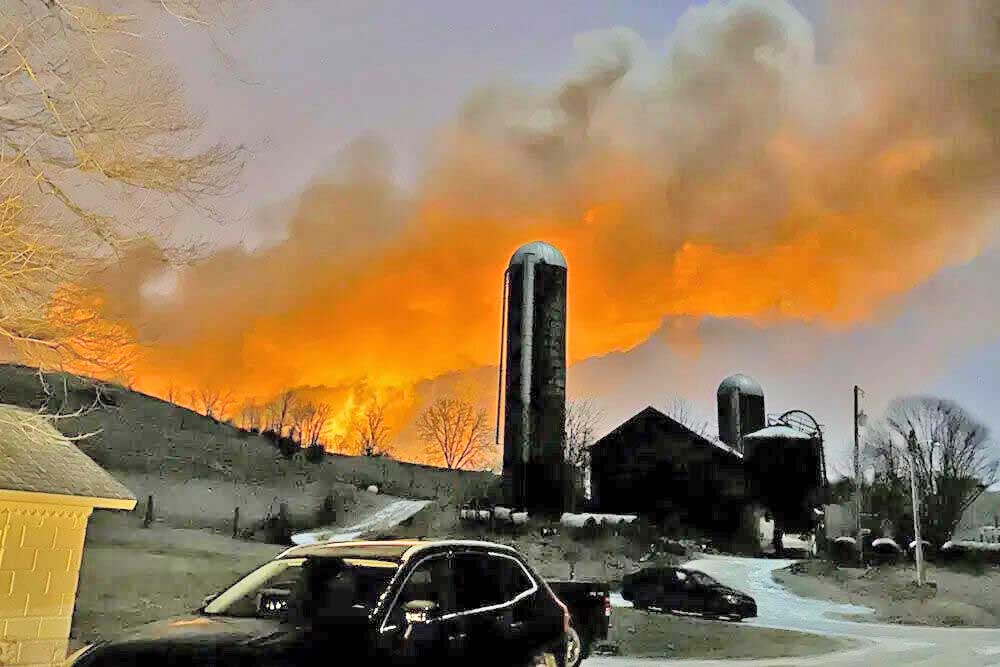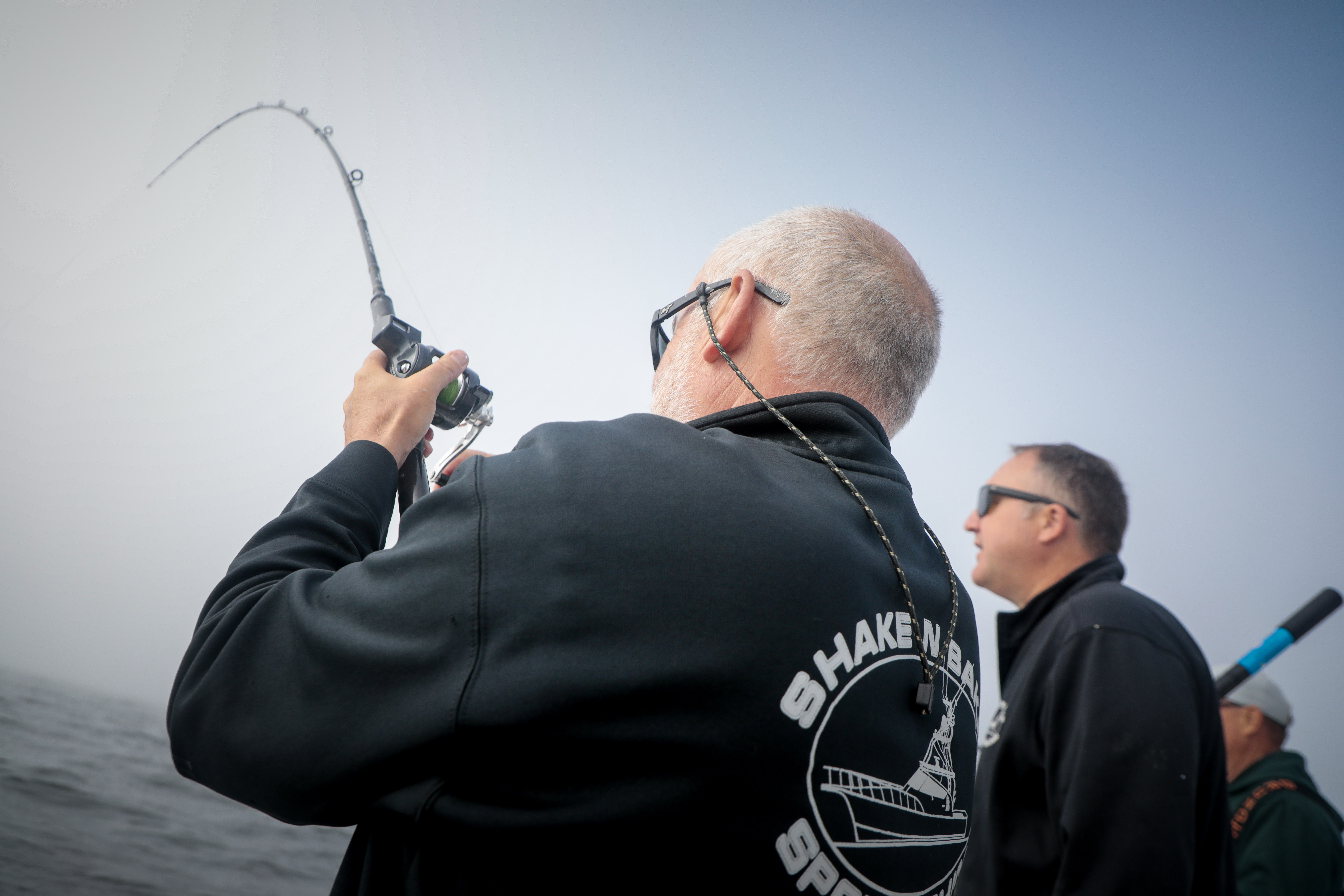Guest Column: Community activism protects region from fossil-fuel projects
Published 12:30 am Tuesday, March 21, 2023

- A train fire is seen from a farm after a derailment in East Palestine, Ohio, in February — an example of why local communities should turn away from the use of environmentally harmful substances.
A Feb. 1 column by Andre Stepankowsky calling for building trust in combating climate change has just the opposite effect.
Trending
We agree with Stepankowsky’s assertion that action on climate change is necessary, but as people whose communities have been threatened by the kinds of projects he promotes, we also find him profoundly disingenuous. Less than a year ago, he wrote a column in The Daily News criticizing Columbia Riverkeeper’s efforts to protect the Columbia River estuary, bemoaning “lost fossil fuel projects” which “would have helped battle climate change.”
Let’s state the obvious: fossil fuel projects do not combat climate change. Taken together, the fossil fuel projects would have generated tens of millions of tons of climate-changing pollution each year.
In contrast, community activism has played an instrumental role in protecting our region from highly polluting fossil fuel projects. Community members, Indigenous people, fishers, farmers, nursery growers, foresters and countless Northwest residents built trust, worked together and resisted plans to convert our salmon-sustaining estuary and high-value farmlands into a throughway for fossil fuels and other polluting projects.
Trending
We know that our productive soils, healthy forests, clean water and fishing grounds will be vital to sustaining communities in a changing climate. The fossil fuel developments proposed on the Columbia River — two liquefied natural gas terminals, hundreds of miles of fracked gas pipelines, three coal terminals, multiple oil train projects, two fracked gas-to-methanol refineries — would have polluted water, farmland and air that we rely on to sustain our communities.
In the wake of the East Palestine, Ohio, toxic train derailment — a result of industry-friendly policies that leave communities in the dark and at risk — trust is in short supply when it comes to major refineries, toxic trains and the rules that are supposed to protect us from their pollution. We place our trust in our neighbors, who see impacts up close and respond by defending what they love: their homes, their farms, their fishing grounds and our river.
Advocates for robust salmon runs, high-value farms and healthy forests have a vital role to play in shaping a cleaner energy future. We have become keen observers, and we know how to identify false solutions when we see them.
Let’s not view as an obstacle the activism that has protected so many of the resources and places we cherish — clean air, clean water, salmon, farmland, homes, sacred sites and rural towns. Rather, Oregon Gov. Tina Kotek, Washington Gov. Jay Inslee and our senators and representatives should listen closely to what the people closest to the new energy projects have to say.
True energy democracy is the path forward. Working together, we can find community-supported projects that address the climate crisis.









